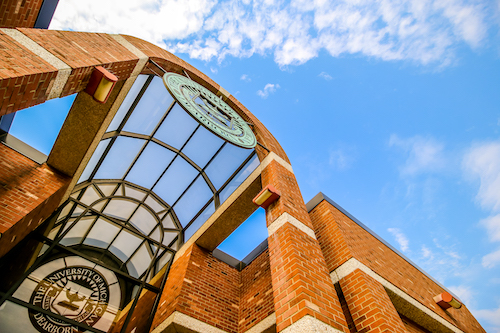
Joining 30 other colleges and universities across the United States, UM-Dearborn has been selected as an inaugural member of the Higher Education Anchor Mission Initiative, a national collaboration designed to develop and share new strategies for deploying higher education’s intellectual and place-based resources to enhance the economic and social well-being of the communities they serve.
Higher education institutions like UM-Dearborn are anchor institutions: local economic engines and mission-driven organizations inextricably linked to the long-term well-being of their local communities, and uniquely positioned and incentivized to play a more active role in supporting the local economy.
“Universities contribute to the economic and social well-being of the communities they serve in many ways. At UM-Dearborn we provide the opportunity for students of varing social economic backgrounds to obtain a college degree in an inclusive and diverse campus that is reflective of the community we serve,” said Chancellor Daniel Little. “The university is engaged in the community in meaningful ways including providing a talent pipeline to local industry and non-profit organizations, utilizing university resources such as research and faculty expertise to advance the region or establishing relevant programs that provide opportunities for members of the community to develop their own skills and passions in improving our region.”
By intentionally implementing an anchor framework the whole university, including the business and administrative divisions, higher education institutions will be able to better serve their public mission. The Higher Education Anchor Mission Initiative provides a national platform to accelerate this important work.
The initiative is a joint project of the Coalition of Urban and Metropolitan Universities (CUMU), a national organization dedicated to connecting urban universities and their partners, and The Democracy Collaborative (TDC), a national research institute developing strategies for a more democratic economy, and is supported by the Annie E. Casey Foundation.





